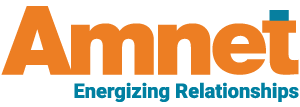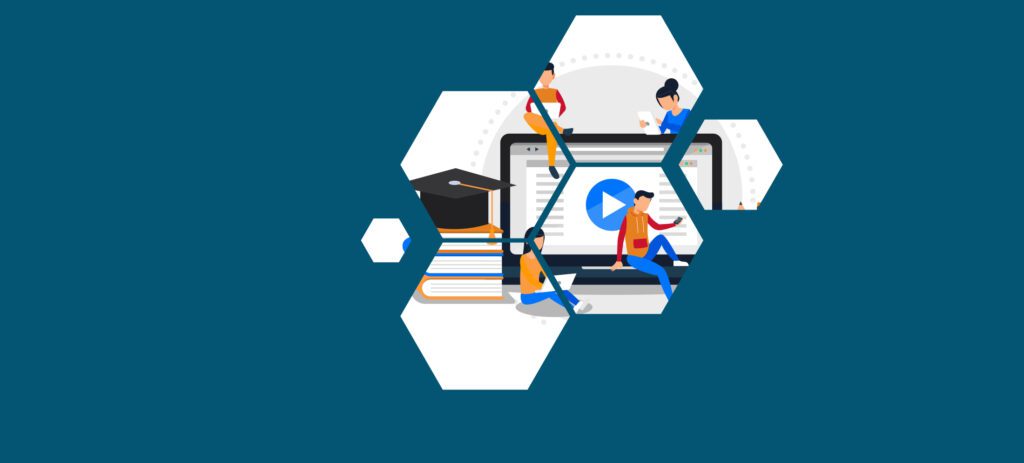What is academic publishing? In a nutshell, academic publishing is a subfield of publishing and involves the distribution of scholarly content, typically published in journals and books or as a thesis. The impact of evolving technology can be felt in academic publishing through the incorporation of new elements that optimize the workflow and expand and improve the readership. The following are some of the scholarly publishing trends that will likely determine how academic publishing workflows evolve in 2025.
Digital Transformations
The changing data systems and the necessity for new technologies reiterate the importance of a flexible infrastructure. Consider the gradual replacement of legacy data systems to improve data analytics and subsequent data-driven decisions. Investing in digital core systems and processes will be pivotal in driving innovation and enhancing the efficiency of academic publishing.
Artificial Intelligence
Artificial intelligence, or AI, tools have been integrated into workflows for manuscript screening, plagiarism detection, reference checking, language polishing, and matching peer reviewers. AI-generated content has become more prevalent in recent years owing to its improved efficiency. Hybrid works, where researchers collaborate with AI, can offer something new. The ethical question of who owns AI content prevails, though, influencing how we navigate this critical aspect. We can expect an industry-wide ethical guideline framework that regulates the extent of AI usage and related aspects, including data privacy. AI has the potential to reshape academic publishing, offering new solutions and unlocking opportunities for growth and enhanced workflows.
Open Access and Data-Sharing Policies
Plan S and Plan U have been urging for open access (OA) policies across the industry. OA is set to dominate the industry in 2025, with more and more publishers accepting it as a successful business model. Stricter data-sharing policies, mandated by institutions and funders, will drive better research reproducibility. Preprint publications enable faster dissemination of research and establish priority as usual. Creating metrics that supplement the impact factor with other parameters will give us a better insight.
Peer Review and Blockchain Technology
We are also moving toward open peer review, which increases the accountability for authors and reviewers. Blockchain technology can be used for reviews to ensure transparency in research. Early-career researchers can benefit from these open policies.
Sustainability
Sustainability is a major goal for any industry in 2025. As publishers are increasingly adopting more sustainable practices, we are moving away from printed copies by going digital or selectively printing publications. Apart from recycled paper and eco-friendly inks, eBooks and audiobooks are great alternatives.
Social Media Marketing
B2C strategies are gaining popularity among publishers, and social media platforms are emerging as key tools for promotion. Online forums and communities allow interaction and exchange of views between users, facilitating the targeted delivery of research findings and literature to niche audiences. This fosters global collaboration, bringing experts from different fields together. Social media can also be used as tools to improve the discoverability of a publication and to spread awareness about new business models and funding systems.
eLearning
In 2025, eLearning will be more immersive, interactive, and experiential, with the use of multimedia, digital learning platforms, games, and virtual and augmented reality in publications. AI and machine learning will allow hyper-personalization, tailoring learning experiences for every individual. We have yet to explore the potential of conversational search tools, AI assistants, and chatbots.
Succeeding in this dynamic industry becomes easy with the right partnerships. Elevate your scholarly content with Amnet; from developmental editing to final check, we provide end-to-end solutions that support your research every step of the way and help you navigate the complexities of academic publishing with expertise and precision. Our experts are always available to carefully incorporate all the right elements into your content to make it 2025 ready.
Sources
- https://publishingstate.com/book-trends-in-2025/2024/.
- https://blog.hum.works/posts/2025-publishing-technology-trends-a-look-back-and-forward.
- https://turacoz.com/the-future-of-academic-publishing-trends-and-predictions/.




